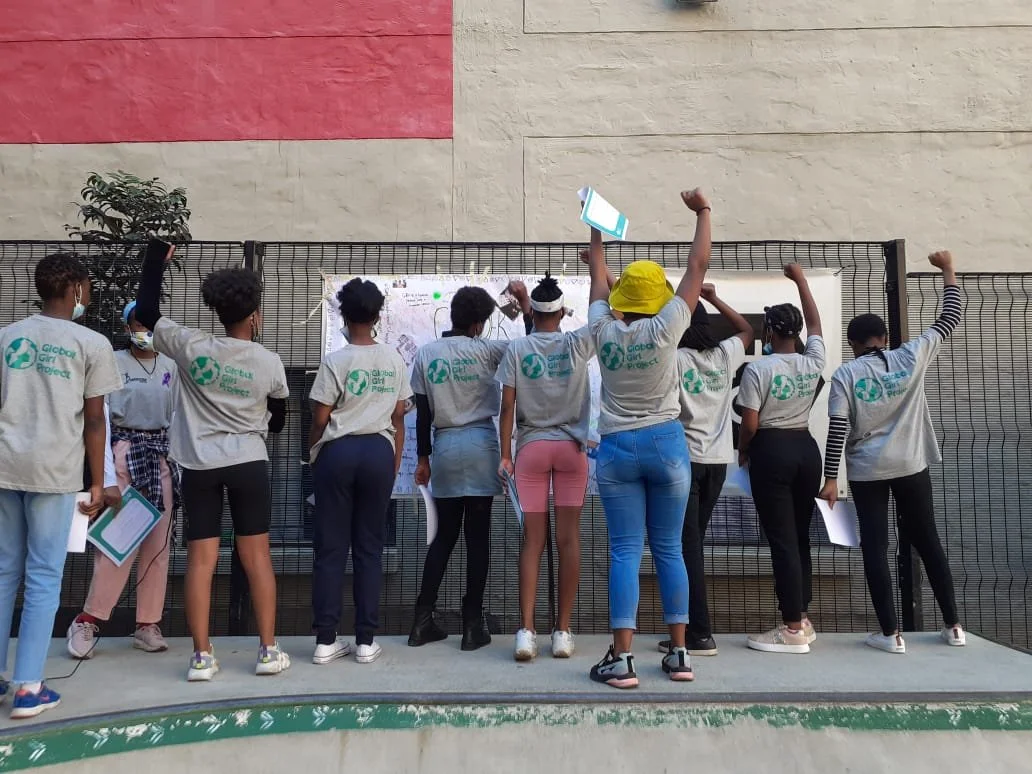How Did We Get Here?
At Global Girl Project, we are clear that we are a feminist organisation. However, we know that this term may be used and received differently in different contexts and we want to be aware of this when sharing our position. In order to help us understand this, we spoke with our partners and girls all over the world about feminism and feminist organisations to help us understand how we can best represent ourselves in a way which is relatable and positive for our many stakeholders, and honours the feelings and perspectives of those we serve.
Below are the key points of these conversations, and please go to our News page for the full report.
What It Means For Us
Equal rights and equity underpins everything that we do.
We work to end discrimination against all genders.
Our understanding of feminism is inclusive of all identities including but not limited to race, gender identity, ethnicity, disability status, religious identity, sexuality, neurodiversity.
We work collaboratively and in genuine equal partnership, guided by an awareness of power dynamics.
How Do We Do This?
We value deeply collaborative partnership, developing strong relationships with local organisations based on resource sharing, deep listening, and avoiding traditional top-down, Western-led approaches. We embed this in our partnership development, agreements, and ongoing collaborative approaches to programme delivery, challenges and growth.
Through our programming, curriculums, and work with girls, we champion an understanding of leadership based on collaboration, community care, and power sharing, challenging traditional patriarchal leadership norms.
We work to ensure that at all levels of our organisation we work in collaboration with our stakeholders ensuring that everyone’s ideas and points of view are equally acknowledged and valued. This includes our board, ambassadors, volunteers, staff, corporate and delivery partners and our girls.
We acknowledge that people have full lives outside of work and support balance, flexibility, and financial, emotional, physical and psychological well being. Some examples of this are our implementation of a four day work week and flexible and remote working policies.
We collaborate with various organisations within the development space to share our knowledge and learnings around more equitable development practices. We believe that collaboration not competition is the way to make change and share our learnings and perspectives freely.

